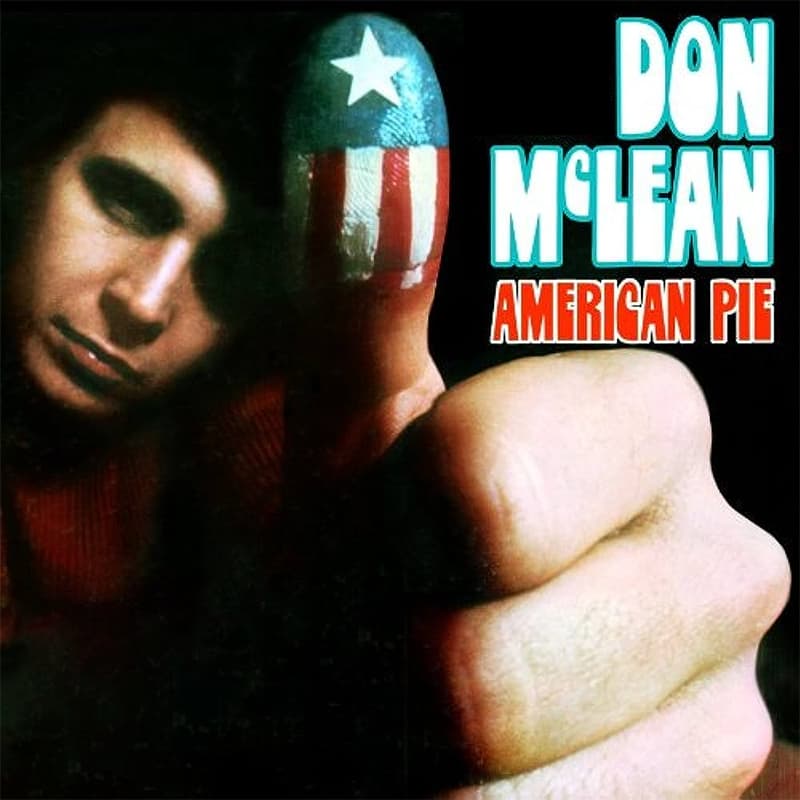
In a poignant reflection on a moment that shook the world of music and American culture forever, Don McLean’s iconic song “American Pie” delves into the heart-wrenching aftermath of a tragic event that still resonates deeply today. The inspiration behind this legendary ballad was born from the devastating news of the death of Buddy Holly, a beloved music icon whose untimely demise left an indelible mark on McLean’s soul.
McLean, recalling his memories, shared, “I loved his music. When that whole crash happened, it was a real ache in my heart. So, I ended up bringing back all those memories of 1959 and the things that happened later.” This event is famously dubbed “The Day The Music Died,” a dark day on February 3, 1959, when Buddy Holly, Ritchie Valens, and The Big Bopper perished tragically in a plane crash shortly after a concert.
The impact was so profound that McLean dedicated the song on the album cover simply as “Dedicated to Buddy Holly.” More than a tribute, the song captured the symbolic turning point from the innocent, carefree spirit of the 1950s to the turbulent, complex, and often chaotic 1960s, mirroring drastic shifts in both music and politics.
Don McLean was merely a young 13-year-old paperboy in New Rochelle, New York when he first encountered the shocking headline about the crash. Despite being little-known outside folk circles, McLean’s haunting track rocketed to the top, with the album releasing in October 1971 and the title track hitting #1 on the US charts by January 15, 1972. The song remained at the pinnacle for an incredible four weeks, while the album dominated for seven weeks, cementing its place in music history.
The Recording Industry Association of America honored “American Pie” by ranking it as the number 5 song of the century, underscoring its deep cultural significance.
Every lyric reverberates with nostalgia, loss, and the aching passage of time, capturing both personal and collective grief with lines like, “But February made me shiver / With every paper I’d deliver / Bad news on the doorstep / I couldn’t take one more step.” The refrain, “Bye, bye, Miss American Pie,” echoes like a farewell to an era gone too soon.
The song weaves references to pivotal cultural icons and moments, from the jester and the king to the Beatles’ Sgt. Pepper’s album, and even alludes to historic and symbolic figures like Lenin and Marx. It creates a rich tapestry illustrating how music and society were interlinked in those turbulent years.
McLean’s tale strikes a chord particularly with older generations who lived through or long studied the seismic cultural shifts of the 50s and 60s. Its themes of loss, change, and yearning are as gripping as ever, holding listeners captive in a shared emotional journey through time.
In the words of McLean himself as he reflected on the song’s genesis and ongoing impact: “The song represented the turn from innocence of the ’50s to the darker, more volatile times of the ’60s – both in music and politics.”
Truly, “American Pie” remains an anthem not just for a generation but a universal lament for the fragility of cultural icons and the fleeting nature of time itself. Its resonance deepens with every listen, thrilling and gut-wrenching those who remember and those discovering it anew.